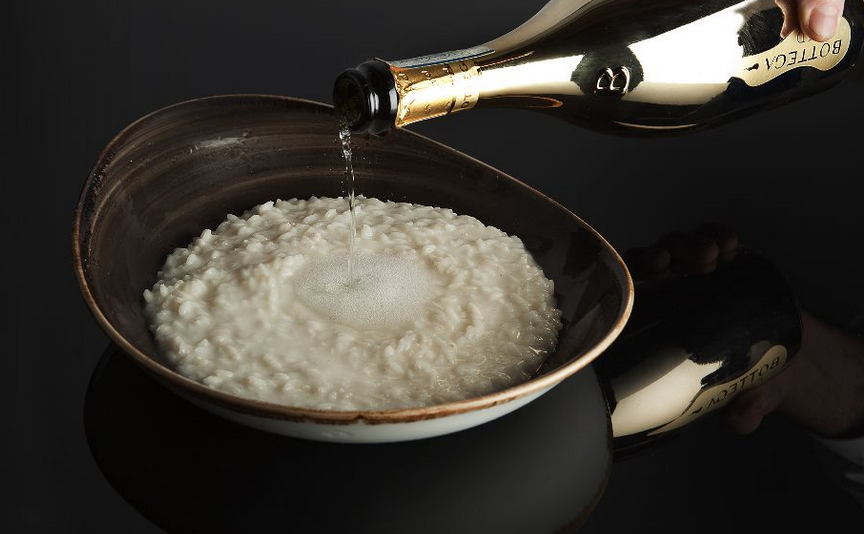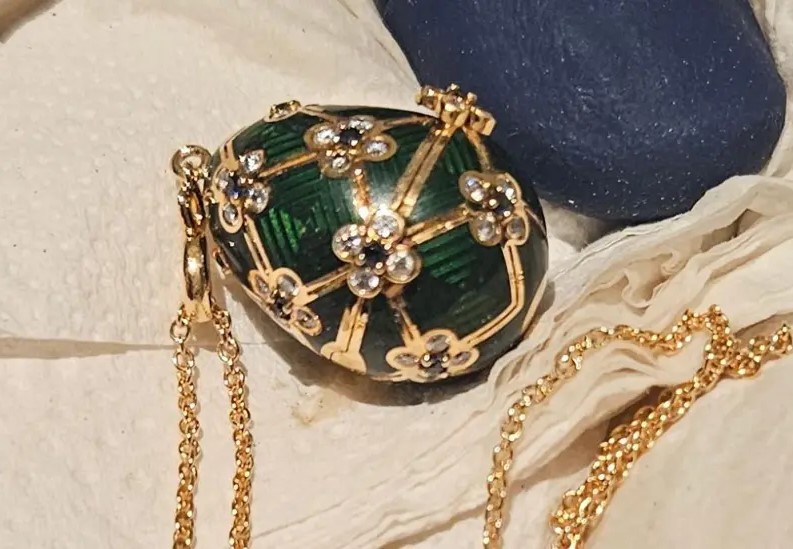When NASA’s Europa Clipper sets off to investigate whether an icy Jupiter moon could support life, the spacecraft will carry an American poet’s words and millions of names.
U.S. Poet Laureate Ada Limón’s ‘In Praise of Mystery: A Poem for Europa’ is engraved in a metal plate aboard the uncrewed 30-meter spacecraft that will soon start a five-year, 2.9 billion kilometre journey. Previously scheduled for October 10, the launch has been delayed because of weather.
Limón’s poem pays homage to the mission to understand whether conditions on Europa — one of Jupiter’s 95 moons — suggest the possibility of life beyond Earth. Invoking the moon’s icy shell and an ocean believed to exist underneath, Limón uses water to draw a connection between distant worlds.
The poem is part of NASA’s Message in a Bottle project ,, which will carry the names of 2.6 million people to the distant Jupiter moon. NASA accepted requests through December 2023 to include names on a microchip attached to the same metal plate as Limón’s poem.
Names submitted for the laser-engraved microchip came from dozens of countries, from Argentina to Australia, Fiji to Finland, Peru to the Philippines. The widespread participation reflects what Limón’s poem describes as humans’ “need to call out through the dark.”
The plate also includes engravings styled like sonic waveforms for the word “water” in 104 languages and of the Drake Equation, which pays tribute to the idea that humans can estimate the probability of finding life beyond Earth. NASA also included an image of scientist Ronald Greeley, who died in 2011, after helping lead early efforts toward the Europa mission.
For Limón, whose work focuses on nature, crafting poetry for an extraterrestrial mission was an honour and a challenge. “Eventually, what made the poem come together was realizing that in pointing toward other planets, stars and moons, we are also recognizing the enormous gift that is our planet Earth,” she said.
“To point outward is also to point inward.” Limón is serving a second two-year term as poet laureate, with the U.S. Library of Congress–bestowed honour bringing attention to the art of poetry and literature. Librarian of Congress Carla Hayden praised Limón’s poem for using natural features of life on Earth to channel the possibility of life on a distant moon.
“Her poem for Europa is powerful in communicating our human instincts for art, science and exploration,” Hayden said. “Sending a poem into space on a mission to explore our solar system is an incredible opportunity for us all to reflect and sign on to Ada’s poem as a ‘Message in a Bottle’ from Earth.”











